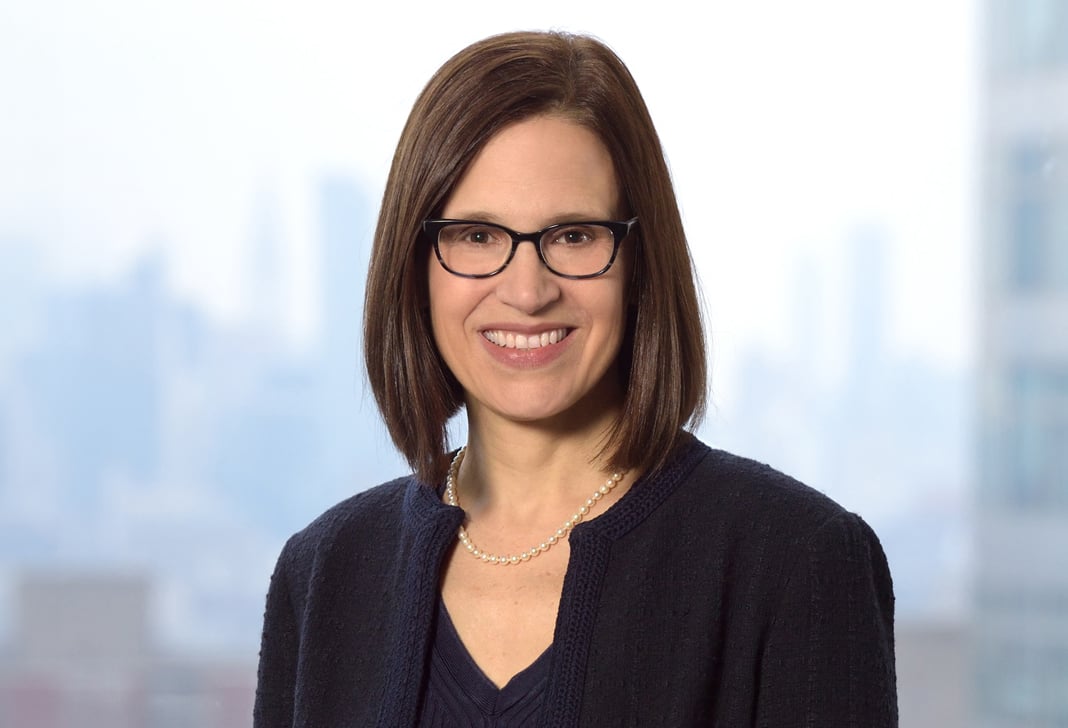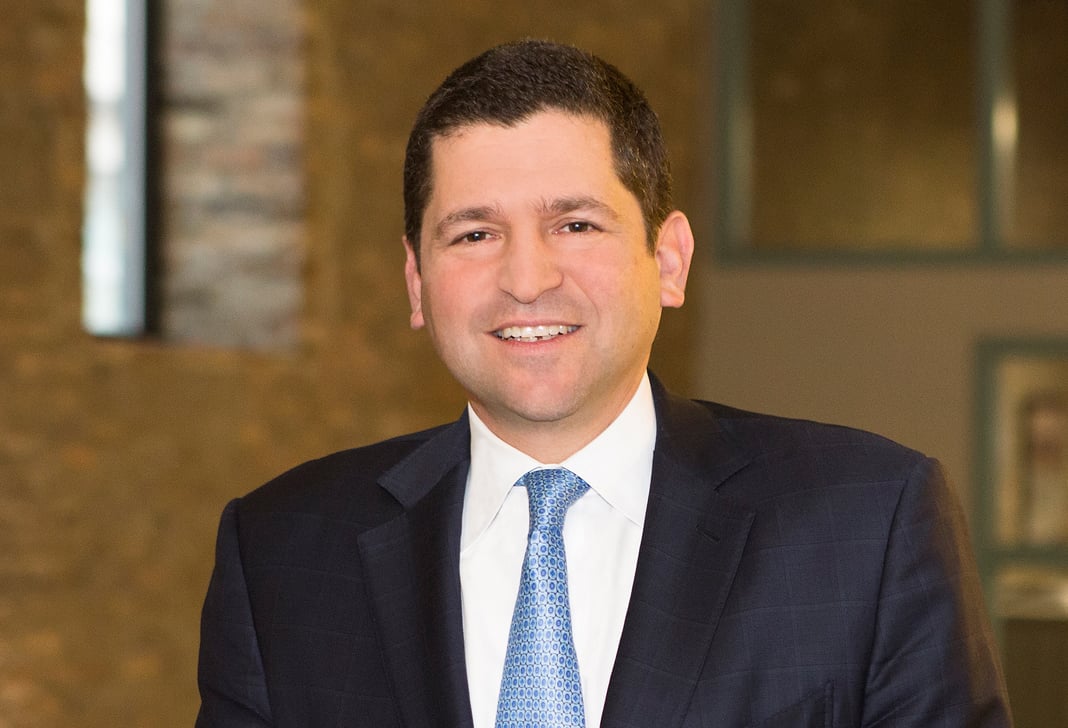
Avoid the Pitfalls of NYC Freelancer Law
In Short
The Situation: New York City's "Freelance Isn't Free Act," which applies to freelance contracts and agreements, is now in effect.
The Impact: New York City law now dictates that all freelance agreements valued over $800 be in writing and requires prompt payment for services.
The Risk: Noncompliance could expose an employer to liabilities, including double damages for late payment, statutory damages, and attorneys' fees.
New York City's Freelance Isn't Free Act ("Act") took effect on May 15, 2017, and applies to any freelance contracts or agreements entered into on or after that date. The Act requires all agreements for freelance work of a value of at least $800 to be reduced to a written contract and requires full compensation for services to be paid by a date specified in the contract or within 30 days after completion of services where no date is specified.
Key Steps to Facilitate Compliance with the Act
Determine Which Engagements Fall within the Act's Requirements. While the Act excludes sales personnel, licensed attorneys, and medical professionals from its requirements, it broadly defines "freelance workers" as any person (or organization consisting of only one person) hired or retained as an independent contractor to provide services in exchange for compensation. It requires a written contract for any single project with a freelance worker valued at least $800, or for any cumulative work valuing $800 or more over a four-month period. According to guidance from the New York City Department of Consumer Affairs ("DCA"), the Act applies to all freelance contracts and agreements for work performed within New York City. The Act may also apply to certain work performed outside New York City depending on the overall circumstances of the agreement, including whether some portion of the work is performed in New York City, whether the worker was hired or retained in New York City, and the hiring party's operations within New York City.
Ensure Contract Templates are Compliant with the Act. This requires the inclusion of the name and mailing address of both parties, an itemization of services to be provided by the freelance worker, the value of services to be provided, the rate and method of compensation, and the date on which compensation will be paid. Moreover, written agreements may not waive any protections under the Act. The DCA has published a model form agreement.
Assess Whether Proper Payment Mechanisms are in Place to Provide for Timely Payment under the Act. Per the Act, if the contract does not provide for a date upon which compensation is due, the freelancer must be paid no later than 30 days after the completion of their services.
Train Human Resources Professionals, as well as those Involved in Procurement, as to the Act's Provisions. In doing so, employers must be mindful that the Act prohibits retaliation, including any action that penalizes a freelance worker for, or is reasonably likely to deter a freelance worker from, exercising or attempting to exercise any right guaranteed by the Act.
The Potential Cost of Noncompliance
Noncompliance could expose an employer to liabilities. The Act provides a private cause of action for aggrieved freelancers to seek: (i) double damages, injunctive relief, and other such remedies as may be appropriate for not being paid fully on time; and/or (ii) statutory damages of $250 if the employer refused to enter into a written contract; and/or (iii) statutory damages equal to the value of the contract if the employer refused to enter into a written contract and violated any other provision of the law, as well as reasonable attorneys' fees and costs.
The Act also establishes a complaint procedure to be administered by the City's Office of Labor Policy & Standards ("OLPS"), a division within DCA. Upon receipt of a complaint under this procedure, OLPS will notify the hiring party, which then has 20 days to respond with either: (i) proof that the freelancer has been paid in full; or (ii) the reasons for nonpayment. OLPS does not have jurisdiction to adjudicate the complaint. However, OLPS will advise the freelancer of his or her right to bring an action and refer the freelancer to a "navigation program" designed to apprise freelancers of resources available to assist them in their complaint. Moreover, failure by an employer to respond to a notice of a complaint will establish a rebuttable presumption that the employer violated the law, should the freelance worker pursue a cause of action in court.
Furthermore, where OLPS determines reasonable cause exists to believe that a hiring party is engaged in a pattern or practice of violations of the Act, the City's Corporation Counsel may commence a civil action in court on behalf of the City. The Act provides for civil penalties of up to $25,000 for pattern and practice violations.
In addition to the model contract, DCA and OLPS have published a brochure, a complaint form, and a court navigation guide for freelance workers.
Two Key Takeaways
- Employers should take steps to determine which engagements fall within the Act's requirements, ensure contract templates are compliant with the Act, assess whether proper payment mechanisms are in place, and train human resources and procurement professionals as to the Act's requirements.
- Aggrieved freelancers can seek damages under the Act for employer noncompliance.
Lawyer Contacts
For further information, please contact your principal Firm representative or one of the lawyers listed below. General email messages may be sent using our "Contact Us" form, which can be found at www.jonesday.com/contactus/.
Matthew W. Lampe
New York
+1.212.326.8338
mwlampe@jonesday.com
Martin L. Schmelkin
New York
+1.212.326.3990
mschmelkin@jonesday.com
Wendy C. Butler
New York
+1.212.326.7822
wbutler@jonesday.com
Terri L. Chase
New York
+1.212.326.8386
tlchase@jonesday.com
Michael J. Gray
Chicago
+1.312.269.4096
mjgray@jonesday.com
Doreen S. Davis
New York
+1.212.326.3833
ddavis@jonesday.com
Willis J. Goldsmith
New York
+1.212.326.3649
wgoldsmith@jonesday.com
Jessica Kastin
New York
+1.212.326.3923
jkastin@jonesday.com
Michael A. Casertano and Justin D. Martin, associates in the New York Office, assisted in the preparation of this Commentary.
Jones Day publications should not be construed as legal advice on any specific facts or circumstances. The contents are intended for general information purposes only and may not be quoted or referred to in any other publication or proceeding without the prior written consent of the Firm, to be given or withheld at our discretion. To request reprint permission for any of our publications, please use our "Contact Us" form, which can be found on our web site at www.jonesday.com. The mailing of this publication is not intended to create, and receipt of it does not constitute, an attorney-client relationship. The views set forth herein are the personal views of the authors and do not necessarily reflect those of the Firm.







